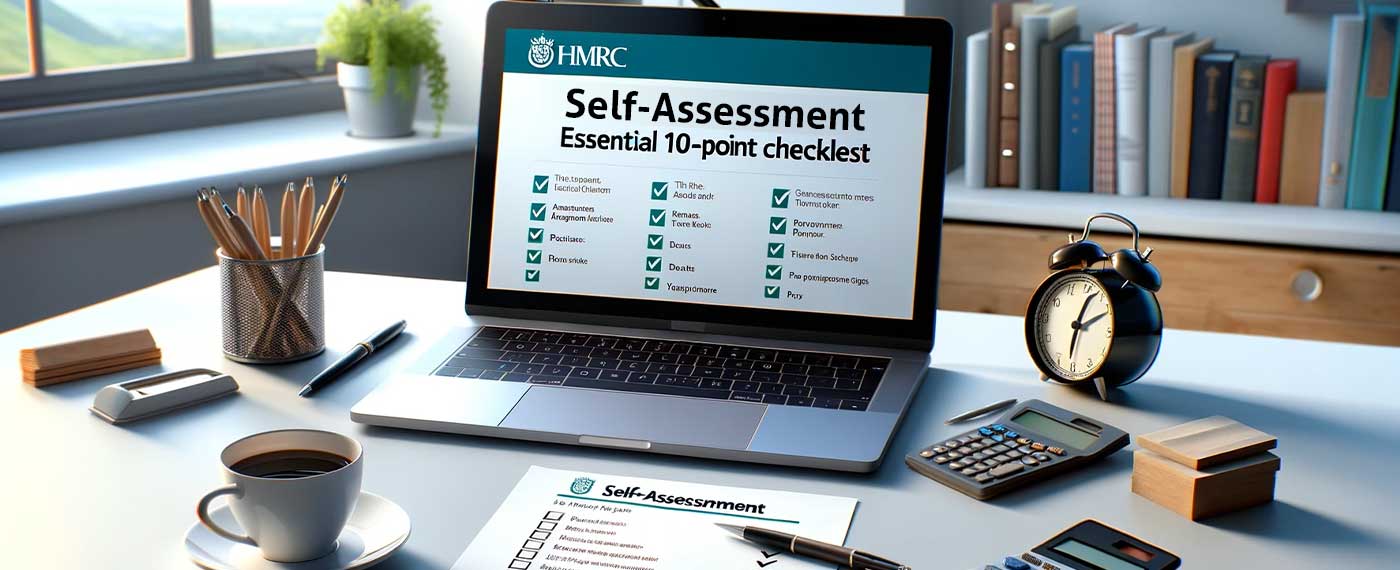
Introduction
The HMRC Self Assessment tax system is an integral part of the UK’s taxation framework, designed to facilitate individuals and businesses in reporting their income and calculating tax liabilities. With the financial year coming to a close, understanding the nuances of this system is crucial for compliance and financial planning.

The self-assessment system by HMRC is tailored for individuals who receive income not taxed at source, such as profits from self-employment, rental income, or income from savings and investments. It requires taxpayers to complete and submit a self-assessment tax return annually, detail their income and capital gains, and calculate their tax liability.
Not everyone in the UK needs to file a self-assessment tax return. It’s primarily for those with complex tax situations, including self-employed individuals, partners in a partnership, or those with significant income from savings, investments, or property. Understanding whether you fall into this category is the first step in compliance.
Filing a Self-assessment tax return involves several steps. Firstly, you must register with HMRC, which can be completed online. Once registered, you will receive a Unique Taxpayer Reference (UTR) number, which is essential for filing your return. The return can be submitted online or via paper, detailing your income, expenses, and any reliefs or allowances claimed.
The deadline for submitting the paper form is October 31, which has now passed, while online submissions must be completed by January 31 of the following year. Missing these deadlines can result in penalties, making timely submission crucial. Additionally, a late payment penalty and interest may apply if the tax owed is not paid on time.
A key aspect of successfully navigating the HMRC Self-Assessment system is avoiding common mistakes. These include underreporting income, overclaiming expenses or allowances, and missing deadlines. Accuracy and thoroughness in record-keeping can prevent these errors.
For many, navigating the complexities of HMRC Self-Assessment can be daunting. Seeking assistance from tax professionals or accountants can ensure accuracy and compliance. They can provide advice tailored to your circumstances, saving time and money.
While complex, the HMRC Self Assessment system is a fundamental part of the UK’s tax structure. Understanding its requirements, deadlines, and potential pitfalls is essential for those needing to file. With careful planning and, if necessary, professional guidance, taxpayers can navigate this system effectively.
We value your input and insights! Feel free to leave a comment or share your views on this article to join the conversation and contribute to our community of knowledge.
![]() To get your questions answered anytime, simply tap the chat button located at the bottom of the page. We’re here 24/7 to assist you.
To get your questions answered anytime, simply tap the chat button located at the bottom of the page. We’re here 24/7 to assist you.
For information on Accounting Harpenden.
Useful Links
Services
Industries
 Cubed Consultancy ltd
Cubed Consultancy ltd